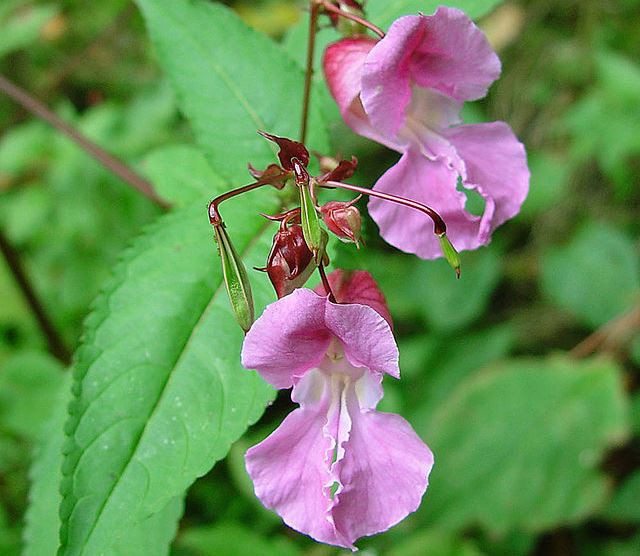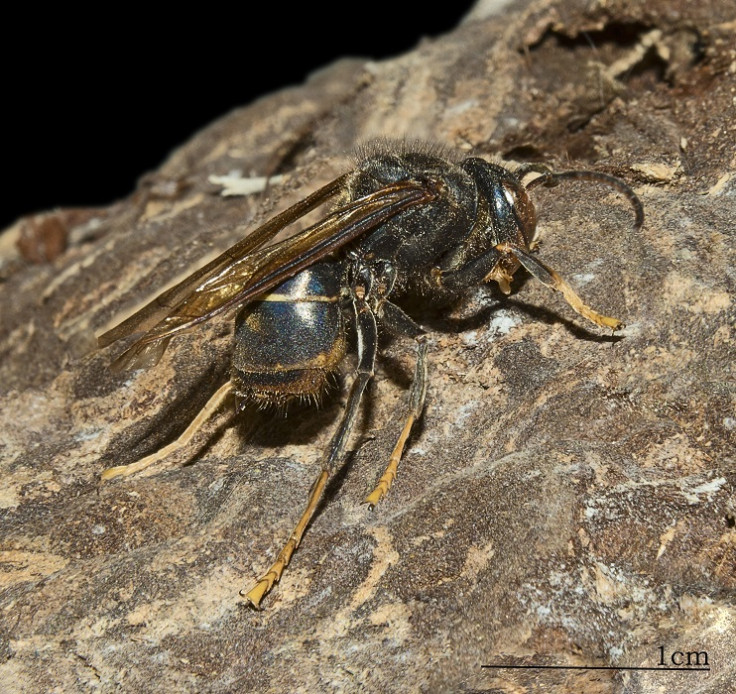Scientists to release alien fungus in bid to kill 7ft Busy Lizzie plant

Scientists are to release an alien fungus into the wild in a bid to stem the growth of the Himalayan balsam plant (Impatiens glandulifera), an invasive species which chokes up riverbanks and ponds, leading to the decline of other plants.
The Himalayan balsam, a type of Busy Lizzie, was introduced to the UK by the Victorians as an ornamental plant. It soon spread out of control, particularly in the north and west, smothering vegetation and clogging up waterways, increasing the risk of flooding.
This spring scientists will release the Indian "rust fungus" in a bid to kill off the plant. The Himalayan balsam has no natural competitors in the UK and eradicating it by other means could cost up to £300m ($450m).
Rust fungus was chosen after eight years of laboratory trials because it is not thought to be a risk to other UK species.
Natural History Museum botanist Dr Mark Spencer said: "This is a really important step forward for the control of invasive species in Europe, I wholeheartedly support the decision to approve release.

"Project partners have already set up a monitoring programme to assess the spread of the fungus onto Himalayan balsam. If the fungus establishes itself at the trial sites there should be no need for additional releases, the fungus will spread naturally through the UK."
However, releasing yet another alien species into the UK's fragile ecosystem is a controversial move. A similar Asian fungus, chalara, which was accidentally imported by plant nurseries is responsible for the devastation to Britain's ash trees.
There are some 2,000 alien plant and animal species in the UK, most of them introduced by accident, and some of which are causing serious problems. These include Canadian geese, grey squirrels, and Japanese knotweed.
Scientists are now extremely concerned by another alien threat, the Asian hornet, which has been seen in France and is expected to arrive in the UK this summer. The two-inch insect eats honeybees and has a potentially lethal sting.
© Copyright IBTimes 2025. All rights reserved.






















